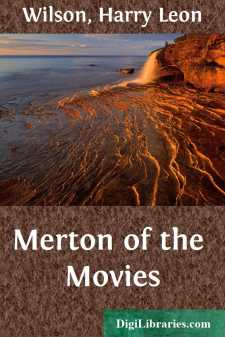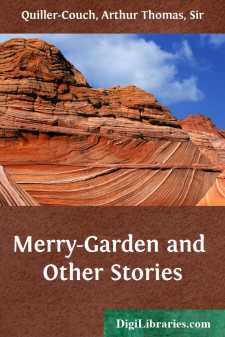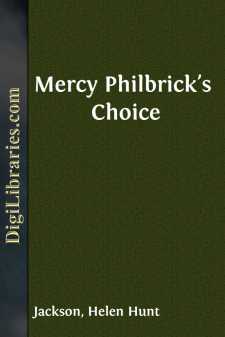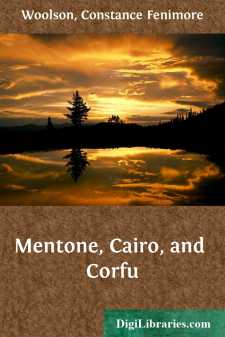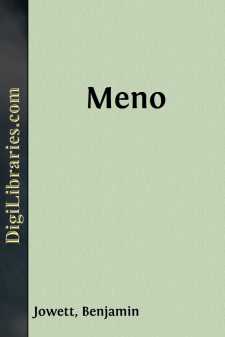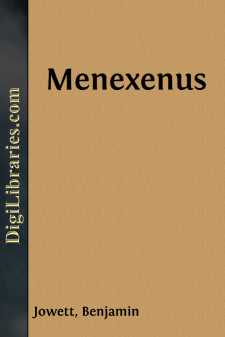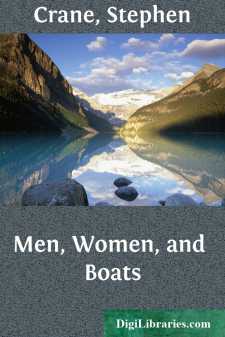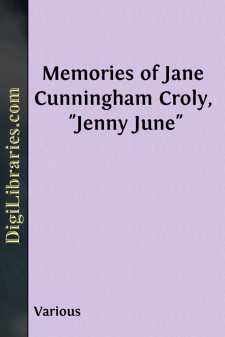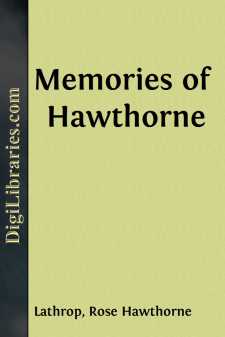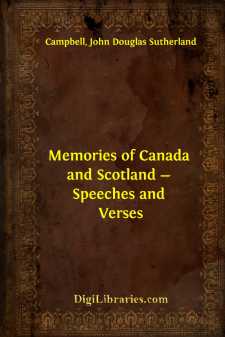Fiction
- Action & Adventure 180
- Biographical 15
- Christian 59
- Classics
- Coming of Age 5
- Contemporary Women 3
- Erotica 8
- Espionage/Intrigue 12
- Fairy Tales, Folklore & Mythology 236
- Family Life 169
- Fantasy 117
- Gay 1
- General 596
- Ghost 32
- Historical 808
- Horror 43
- Humorous 159
- Jewish 25
- Legal 4
- Medical 22
- Mystery & Detective 315
- Political 49
- Psychological 41
- Religious 64
- Romance 158
- Sagas 11
- Science Fiction 730
- Sea Stories 113
- Short Stories (single author) 537
- Sports 10
- Suspense 1
- Technological 8
- Thrillers 2
- Urban Life 31
- Visionary & Metaphysical 1
- War & Military 173
- Westerns 199
Classics Books
Sort by:
CHAPTER I. DIRTY WORK AT THE BORDER At the very beginning of the tale there comes a moment of puzzled hesitation. One way of approach is set beside another for choice, and a third contrived for better choice. Still the puzzle persists, all because the one precisely right way might seem—shall we say intense, high keyed, clamorous? Yet if one way is the only right way, why pause? Courage! Slightly...
more...
PROLOGUE. Beside a winding creek of the Lynher River, and not far from the Cornish borough of Saltash, you may find a roofless building so closely backed with cherry-orchards that the trees seem by their slow pressure to be thrusting the mud-walls down to the river's brink, there to topple and fall into the tide. The old trees, though sheeted with white blossom in the spring, bear little fruit,...
more...
I. To one who found us on a starless night,All helpless, groping in a dangerous way,Where countless treacherous hidden pitfalls lay,And, seeing all our peril, flashed a lightTo show to our bewildered, blinded sight,By one swift, clear, and piercing ray,The safe, sure path,--what words could reach the heightOf our great thankfulness? And yet, at most,The most he saved was this poor, paltry lifeOf flesh,...
more...
by:
Benjamin Jowett
INTRODUCTION. This Dialogue begins abruptly with a question of Meno, who asks, 'whether virtue can be taught.' Socrates replies that he does not as yet know what virtue is, and has never known anyone who did. 'Then he cannot have met Gorgias when he was at Athens.' Yes, Socrates had met him, but he has a bad memory, and has forgotten what Gorgias said. Will Meno tell him his own...
more...
by:
Benjamin Jowett
APPENDIX I. It seems impossible to separate by any exact line the genuine writings of Plato from the spurious. The only external evidence to them which is of much value is that of Aristotle; for the Alexandrian catalogues of a century later include manifest forgeries. Even the value of the Aristotelian authority is a good deal impaired by the uncertainty concerning the date and authorship of the...
more...
by:
Stephen Crane
STEPHEN CRANE: AN ESTIMATE It hardly profits us to conjecture what Stephen Crane might have written about the World War had he lived. Certainly, he would have been in it, in one capacity or another. No man had a greater talent for war and personal adventure, nor a finer art in describing it. Few writers of recent times could so well describe the poetry of motion as manifested in the surge and flow of...
more...
by:
Various
A Brother's Memories By John Cunningham, D.D. The most interesting and potent fact within the range of human knowledge is personality, and in the person of Jane Cunningham Croly (Jenny June) a potency was apparent which has affected the social life of more women, perhaps, than any other single controlling factor of the same period. Jane Cunningham was born in Market Harborough, Leicestershire,...
more...
CHAPTER I THE HAWTHORNES AND THE PEABODYS To my lot have fallen sundry letters of my mother's, received in youth by her sisters and friends, and by her husband and others in later life. I have often read over these magic little pictures of old days, and each time have felt less inclined to let them remain silently in the family. The letters are full of sunshine, which is not even yet in the least...
more...
CANADA, 1882. "Are hearts here strong enough to found A glorious people's sway?"Ask of our rivers as they boundFrom hill to plain, or ocean-sound, If they are strong to-day?If weakness in their floods be found, Then may ye answer "Nay!" "Is union yours? may foeman's might Your love ne'er break or chain?"Go see if o'er our land the flightOf Spring...
more...


